Who’s buying the farm?
- The Land
- 24 August 2012
Australians are entitled to test and scrutinise the benefits of foreign acquisitions to ensure they are in our national interest and, importantly, safeguard Australia’s role in global food security.
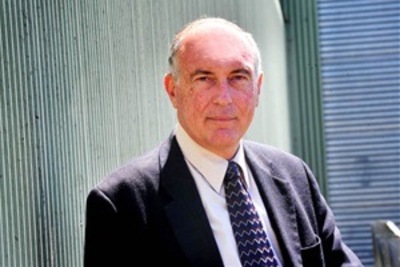
Australians are entitled to test and scrutinise the benefits of foreign acquisitions to ensure they are in our national interest and, importantly, safeguard Australia’s role in global food security.
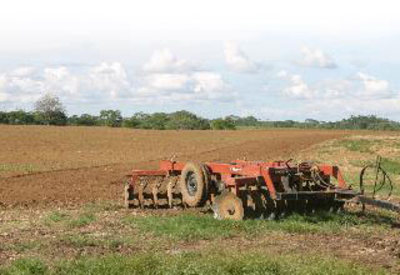
In a decision of great import, the Constitutional Court of Colombia has just struck down a legislative amendment that would have allowed for new types of land concentration in this country.
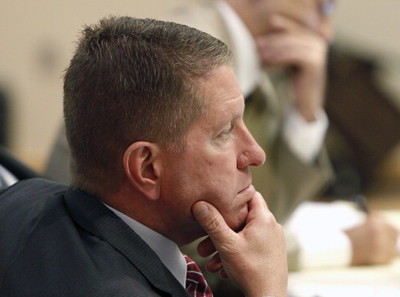
The ethics complaint was filed by the Des Moines-based citizen group, Iowa Citizens for Community Improvement, for misusing his membership on the Iowa Board of Regents that oversees Iowa's public universities to advance an "African land grab".
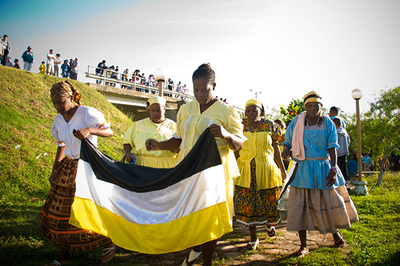
Campaign opposes land grabs of traditional territories in Honduras by elites and foreign investors.

Agriculture investment consultants are closely watching the impact that the prolonged drought is likely to have on global corn and soybean carry outs, and the incentive it is creating for increased double cropping in countries such as Brazil.
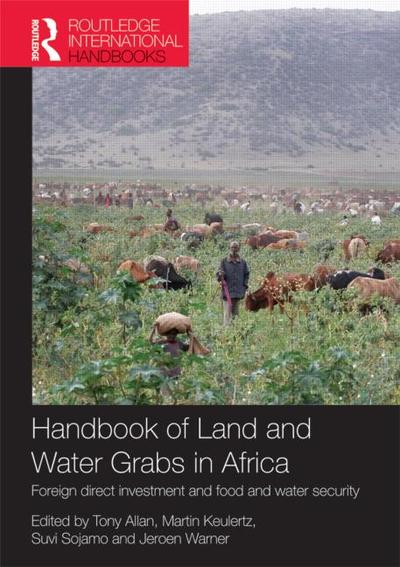
The editors have involved a highly diverse group of expert researchers, who review the pro- and anti-investment arguments, geopolitics, the role of capitalist investors, the environmental contexts and the political implications of, and reasons for, leasing millions of hectares in sub-Saharan Africa.
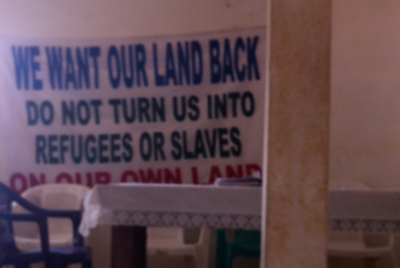
From the World Bank to pension funds, efforts are under way to regulate land grabs through the creation of codes and standards. Rather than help financial and corporate elites to "responsibly invest" in farmland, we need them to stop and divest.
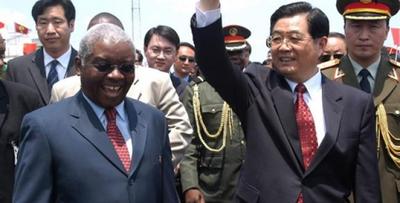
Authorities in the southern Mozambican province of Gaza said that a group of Chinese businessmen are investing US$250 million in an agricultural project covering 20,000 hectares in the Limpopo Valley.
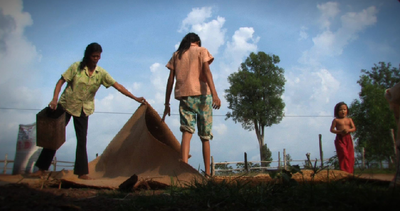
Film inspired by an APRODEV report on land grabbing in Cambodia
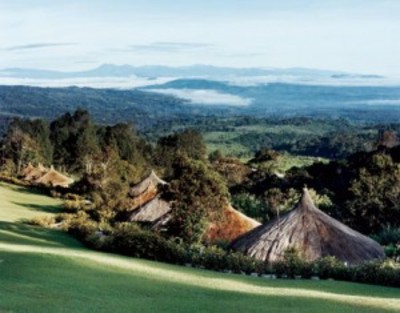
It is expected that the final report of the Commission of Inquiry into Special Agricultural and Business Leases (SABLs) will shortly be tabled in Papua New Guinea’s national parliament, but no one yet knows what it will recommend, let alone whether Peter O’Neill’s new government will act on those recommendations.
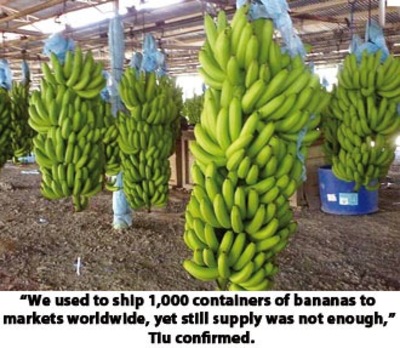
Powered by a $34.45-million infusion from a Singapore-based hedge fund owned by Cargill Inc., the expansion and acquisition binge of AgriNurture Inc. has accelerated into a buildup of farm hectarage that will see the company buy up some 1,400 hectares.

The companies, which produce mainly soya, sugarcane, corn and cotton, were informed about the opportunities for investment in the Southern Agricultural Growth Corridor of Tanzania (SAGCOT).